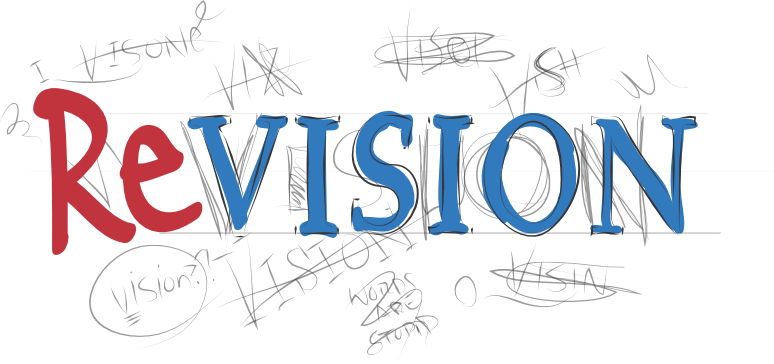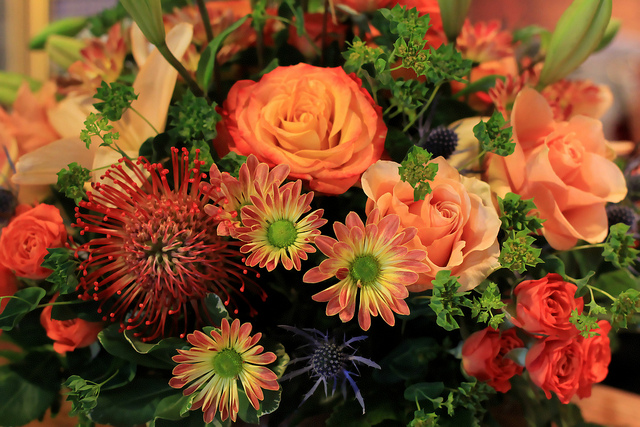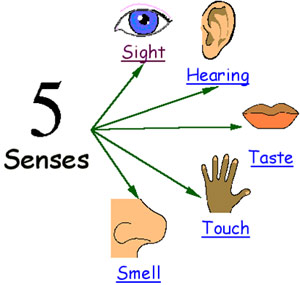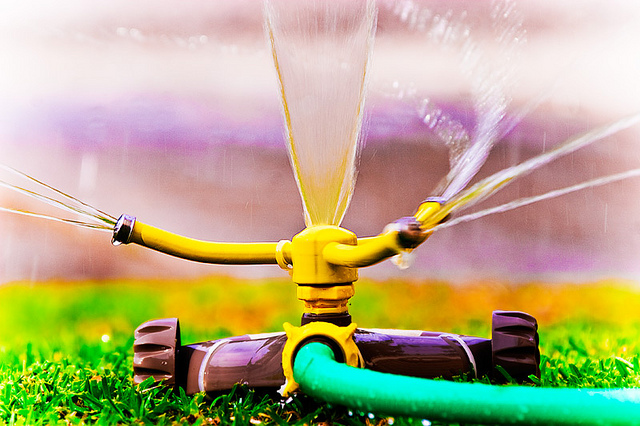“Ideas have a short shelf life. You must act on them before the expiration date.”
-John Maxwell, American author and speaker

Image from michellelianna.wordpress.com
When you visit the grocery store to purchase food for yourself and your family, do you have a particular strategy? Do you make a comprehensive list, or just have a general idea of what you need? Do you walk down each aisle to see what is on sale, or fill your cart with what appeals to you in the moment, especially when you’re hungry as you shop?
One strategy I employ is to examine the expiration date on all packaged food. On numerous occasions, I find myself looking toward the back of the shelf to select those items that will stay freshest longest.
EXERCISE:
What are some of the best ideas sitting on the shelves of your mind? Which one will you act upon today and not let it expire?







